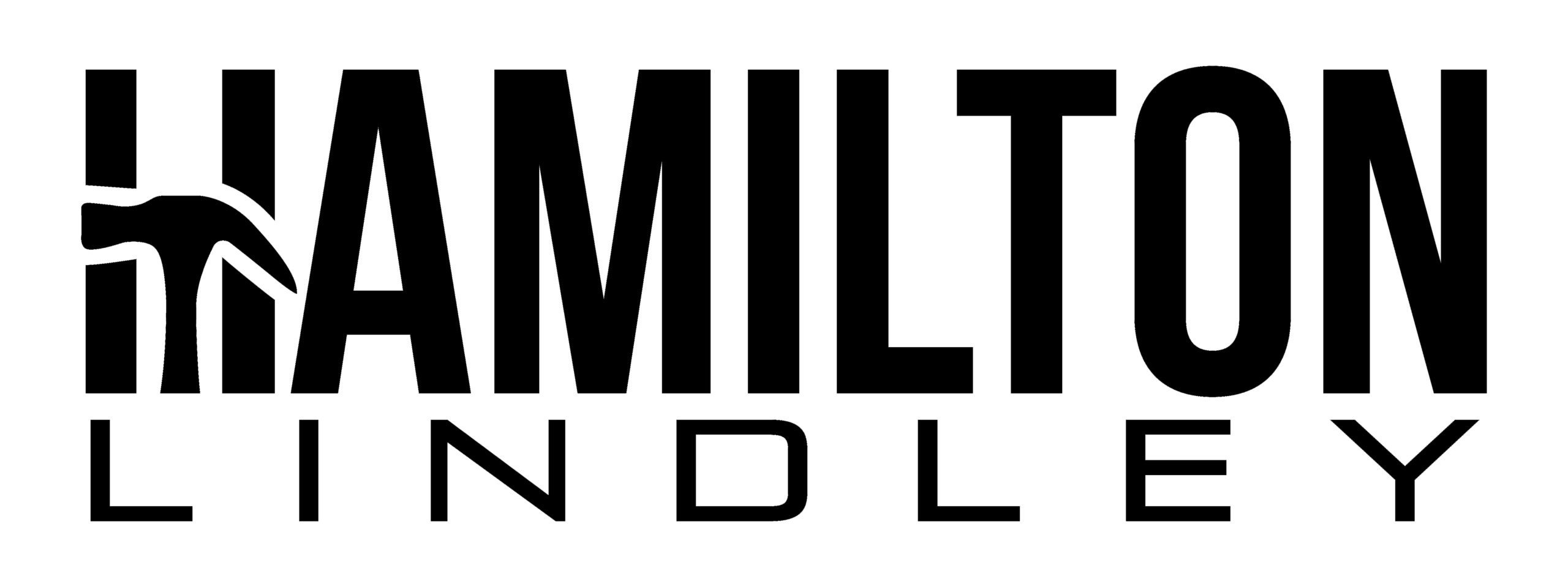Building trust with your colleagues is crucial. Your coworkers are more likely to help you achieve your goals if they trust you. Developing a connection with others is the first step in accomplishing your objectives. But how do you go from being a friendly stranger to a trusted peer?
Feeling like the odd person out at work events or team meetings can be challenging and affect your success on the job. It’s not just about high school awkwardness; not fitting in can impact your professional growth.
The Central Intelligence Agency (CIA) has a technique called “You Me, Same Same” to build trust. Instead of pretending to be interested in something, the goal is to find genuine common ground. Here are five steps to this method:
- Make yourself well-rounded:
Cultivate interests or hobbies to connect with others. Use online resources like YouTube to learn new skills. Even a small amount of experience can provide material for building connections. - Don’t pretend to be someone you’re not:
Authenticity is crucial in building trust. Find a genuine shared interest instead of faking it. If you want to connect with someone, take on the role of a student and ask them about their interests. - Listen:
People enjoy talking about themselves. Be a good listener and focus on keeping the conversation flowing. Avoid dominating the conversation with your stories. If a colleague shares an exciting experience, resist the urge to shift the focus to your similar experiences. - Give to get:
Share information about yourself first to encourage others to open up. This technique, taught by the CIA, is valuable in business. If there’s specific information you want someone to discuss, share a related story from your life to prompt them to open up. - Take notes:
Treat what you learn about people like a CIA operative’s report. Jot down small details about their lives to follow up later. Remembering and acknowledging these details makes others feel special and builds trust.
By applying these CIA-inspired strategies, you can foster good working relationships and enhance trust with your colleagues. In the workplace, success often hinges on relationships and earning the trust of those around you. Taking the time to connect and appreciate your coworkers sets the stage for success.

